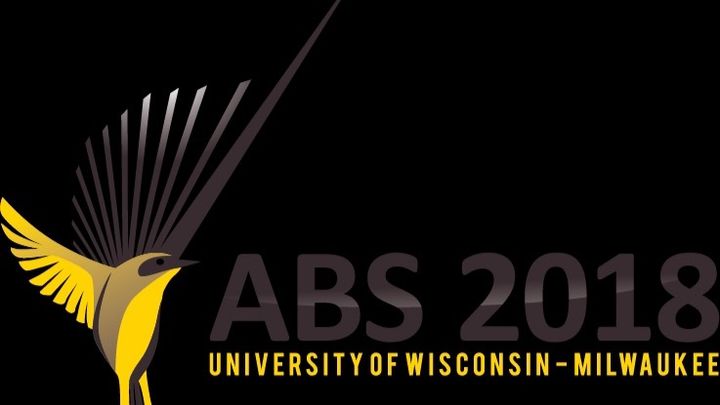
ABS Unasked - Atavism
What Are We Not Asking Symposium:
Proposal by Foster
Evolutionary novelty is difficult to define and demonstrate - a problem exacerbated by the possibility that ancestral phenotypes, unexpressed over evolutionary timeframes, can re-emerge as environments change (atavisms). This is a particular problem in the case of behavioral phenotypes, and phenotypes that are hormonally regulated, as they often exhibit exceptional plasticity. As a consequence, in the absence of an environment that elicits a particular phenotype, the capacity for expression can be hidden until the appropriate environment is again encountered. The outcome can be the emergence of an apparent novelty that is in fact an ancient trait. Several fascinating, recent examples suggest that functional phenotypes can be retained over remarkably long (evolutionary) timeframes. This is a fascinating but difficult problem to explore – yet it is tractable given appropriate phylogenetic, genomic and neural approaches and should be a core focus of research if we are to understand the evolution of behavioral phenotypes and the influence of behavior on the evolution of other aspects of the phenotype.